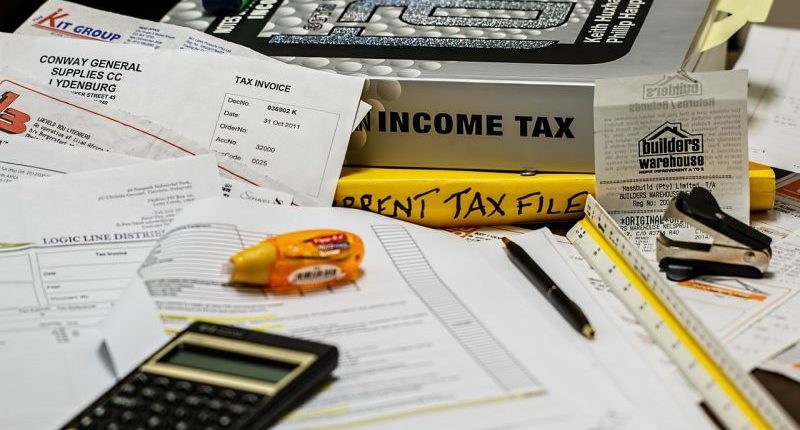The government introduced the new income tax regime in the Union Budget 2020, which became an option for taxpayers from the financial year (FY) 2021. However, its adoption remained low. In the Union Budget 2023, Finance Minister Nirmala Sitharaman introduced a major tweak to the new tax regime to encourage more adoption. These changes will come into effect for the FY that falls between April 2023 and March 2024 (FY2023-24, or FY24), which also translates to assessment year (AY) 2024-25.
Here’s what is the difference between the old and new tax regimes and how it is possible for a taxpayer to switch between them.
Old tax regime: This taxation system provides about 70 deductions and exemptions to aid a taxpayer in reducing their taxable income. Additionally, it enables a deduction of Rs 1.5 lakh under Section 80C of the Income-Tax Act (ITA), 1961. Taxpayers can still continue with the old tax regime.
New tax regime: This system has lower tax rates as compared to the old tax regime. This new tax regime was introduced to streamline taxes. There are no deductions or exclusions available, except the deductions under Sections 80CCD(2) and 80JJA, which are eligible for business income. The new tax system is the default regime, as per the Budget 2023.
The basic exemption limit has been raised under the new tax regime, and at the same time, the rebate has also been increased to Rs 7 lakh. The basic deduction has been reinstated under the new tax structure, while the surcharge has been reduced.
Filing an income tax return (ITR): Switching between old tax and new tax regimes: It is related to the type of income and how many times a taxpayer wants to switch between two of these regimes. It is very much possible for a taxpayer to change the regime as per their choice.
Salaried individuals: They can opt between the new and old tax regimes each financial year. Although the new tax system will be the default tax regime in FY 23-24, taxpayers can go back to the previous regime depending on their income.
Businessman/professionals: They can switch between the old and new tax regimes. However, those with a company or professional income are not entitled to do so more than once. For instance, in case a businessman transfers from the old regime to the new regime in the fiscal year 2023, they will be unable to switch again. Taxpayers with company income who opt out of the new tax regime will not be able to opt in again in the future.
The process of switching tax regimes involves the following steps:
Step 1: Select between the old or new tax regime.
Step 2: Check the eligibility.
Salaried individuals can select between the two tax regimes directly on their ITR form.
Individuals with business/professional income can only shift regimes once in their lifetime and must complete Form 10IE by July 31 of the Assessment Year (AY).
Step 3: Follow these things after checking eligibility
In the case of salaried individuals:
- Open the ITR form (For example, ITR-1 or ITR-2)
- Locate the section for selecting the tax regime
- Select the ‘New Tax Regime’ option
- Fill in the remaining sections of the ITR and submit it
For individuals with business/professional income:
- Download and complete Form 10IE
- Submit Form 10IE by July 31 of the AY.
- File the ITR by selecting the ‘New Tax Regime’ option
Switching to the old tax regime:
This option is only accessible in case a taxpayer hasn’t switched previously. Download and complete Form 10IE.
It is important to note that a taxpayer cannot claim deductions or exemptions allowed under the previous regime on the current year’s return. File the ITR without specifying a certain regime.
Check and submit:
- Check the ITR details diligently
- Use an Aadhaar one-time password (OTP) or Permanent Account Number (PAN), as well as bank data, to electronically authenticate the ITR.
- Once a taxpayer has chosen the preferred tax regime, they must submit the ITR electronically.

Rajiv is an independent editorial consultant for the last decade. Prior to this, he worked as a full-time journalist associated with various prominent print media houses. In his spare time, he loves to paint on canvas.





